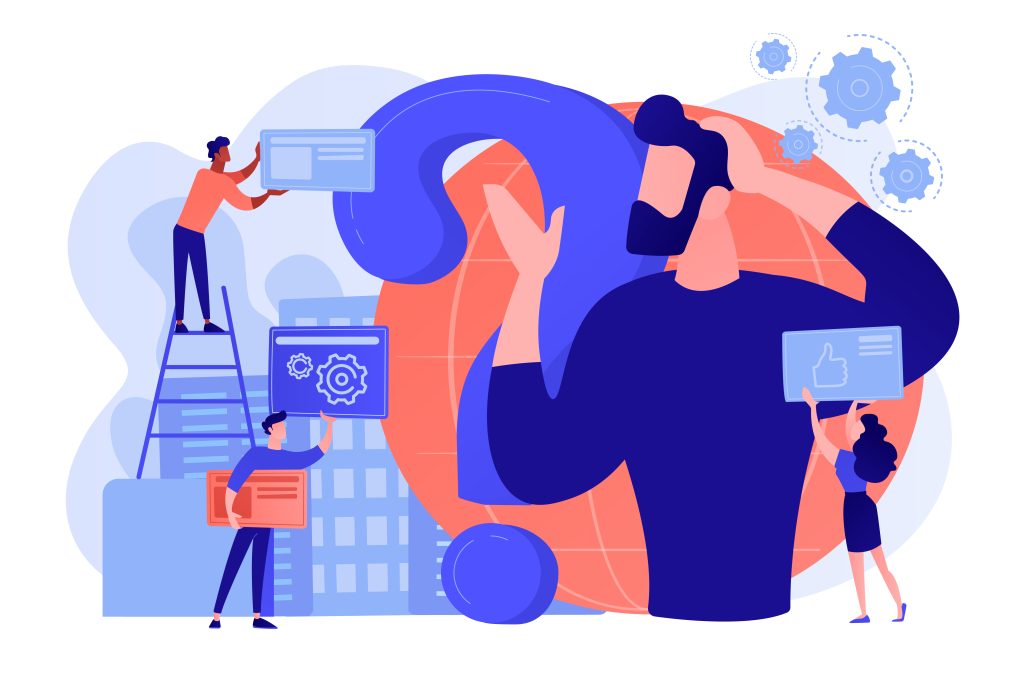Understanding the psychology of unfinished projects doesn’t just offer insight into our habits. It helps shape better systems, workflows, and mindsets that support sustainable creativity and productivity. In today’s lifestyle and entertainment landscape, where trends move fast and attention is fragmented, knowing how and why we leave things undone is more relevant than ever.
At some point, nearly everyone has started a project—whether it’s writing a book, launching a side hustle, or reorganizing a garage—only to leave it incomplete. The phenomenon of unfinished projects is so widespread that it has sparked serious interest among psychologists, productivity experts, and even digital creators. But what is it about our brains, behaviors, and modern lives that makes it so hard to finish what we start?

The Zeigarnik Effect: The Brain’s Obsession With the Incomplete
The most referenced psychological principle related to unfinished tasks is the Zeigarnik Effect. Discovered in the 1920s by Russian psychologist Bluma Zeigarnik, the effect describes our tendency to remember incomplete tasks more vividly than completed ones. The brain essentially holds onto these “open loops” in an effort to resolve them.
This can have both positive and negative consequences:
-
Positive: It can motivate us to eventually return to a task.
-
Negative: It can create mental clutter, anxiety, or guilt when the project remains undone for too long.
Research from Baumeister and Vohs (2007) supports this: incomplete tasks take up working memory, interfering with focus on current activities.
Modern Triggers: Why We Struggle More Now Than Before
The psychology of unfinished projects is being increasingly influenced by modern lifestyle factors. Here’s how today’s trends exacerbate the issue:
1. Choice Overload
From streaming platforms to self-help courses, we’re flooded with options. Psychologist Barry Schwartz coined the term “The Paradox of Choice” to describe how an abundance of options can lead to indecision and regret. When applied to personal projects, this can result in a cycle of starting something new before finishing what’s already in motion.
2. Instant Gratification Culture
Apps and platforms train our brains for fast feedback loops. If a project doesn’t offer immediate results—whether likes, comments, or quick revenue—it can feel unrewarding, leading to abandonment.
3. Comparison via Social Media
Watching others showcase perfectly finished projects can make our own feel inadequate. The psychological toll of comparison can erode motivation, especially when we equate personal progress with public success.
The Emotional Toll of Unfinished Work
Leaving things undone doesn’t just affect time—it weighs on the mind.
Common emotional responses include:
-
Guilt: “I should have finished that.”
-
Shame: “Why can’t I follow through like others?”
-
Disappointment: “I had such high hopes for that idea.”
-
Mental fatigue: Constantly thinking about loose ends burns cognitive energy.
According to Dr. Timothy A. Pychyl, a psychologist who studies procrastination, these feelings can create a feedback loop that leads to more avoidance. The more negatively we feel about an unfinished task, the less likely we are to return to it.
Types of People Most Affected
Certain personality traits and working styles make individuals more susceptible to starting and not finishing:
-
Perfectionists: Delay or abandon projects out of fear they won’t be “good enough.”
-
Multipotentialites: Individuals with many interests who enjoy the start of new things but struggle with sustained focus.
-
Creative Thinkers: Often inspired by new ideas, they may lose interest when the execution phase kicks in.
Emerging Trends: How Creators and Professionals Are Responding
The growing awareness of this psychological tendency has spurred new tools and cultural movements aimed at helping people follow through. A few standouts include:
1. Digital Minimalism
Popularized by Cal Newport, this approach encourages people to focus on fewer, high-value tasks instead of multitasking across multiple goals. It’s increasingly embraced in entertainment circles where creators are moving from “posting everywhere” to building more intentional, project-based work.
2. Accountability Tools and Platforms
Apps like Notion, Todoist, and even collaborative tools like Focusmate are helping users break large tasks into manageable steps, adding transparency and accountability into the creative process.
3. The Rise of “Soft Deadlines”
In flexible work and creative fields, there’s a growing movement to use softer, self-imposed deadlines that allow breathing room while still keeping momentum.
Practical Solutions: How to Finish What You Start
Whether your unfinished project is a screenplay, a personal blog, or a household DIY upgrade, the following tips can help transform inertia into progress.
1. Use the Rule of 3
Limit yourself to three active projects at a time. Research shows that narrowing focus improves execution and reduces cognitive load.
2. Break It Down
Large, vague goals (“Write a book”) should be replaced with concrete steps (“Write 300 words daily”). Micro-goals create achievable momentum.
3. Celebrate Mini-Milestones
Rewarding small wins strengthens dopamine pathways linked to motivation, making you more likely to continue.
4. Reframe Completion
Not everything needs to be finished in a traditional sense. Some projects naturally evolve or dissolve—and recognizing that is part of healthy self-management.
5. Review Regularly
Weekly reviews help track what’s still valuable and what no longer serves a purpose. This stops unintentional project hoarding.
Conclusion
The psychology of unfinished projects is less about laziness and more about how human brains function in environments rich with stimulation, options, and distractions. By understanding these psychological principles—and leveraging modern strategies to work with them—we can reduce the cognitive load of the “undone” and bring more intentionality to the projects we care about most.
Rather than aiming for perfect completion, the emerging trend in lifestyle and creative communities is to aim for meaningful progress. And that shift may be the most sustainable path forward.
References
- Baumeister, R. F., & Vohs, K. D. (2007). “Self-Regulation, Ego Depletion, and Motivation.” Social and Personality Psychology Compass. https://www.ncbi.nlm.nih.gov
- “The Zeigarnik effect: the memory of unfinished tasks” — verywellmind.com
- “Why Wait? The Science Behind Procrastination” — psychologicalscience.org









